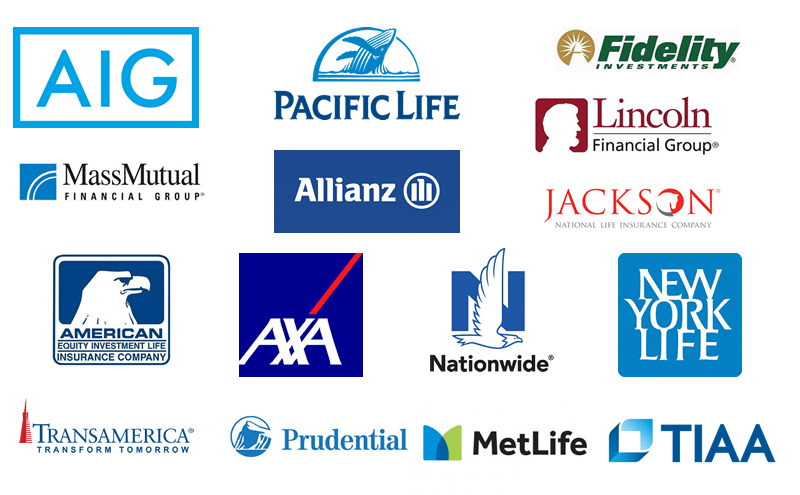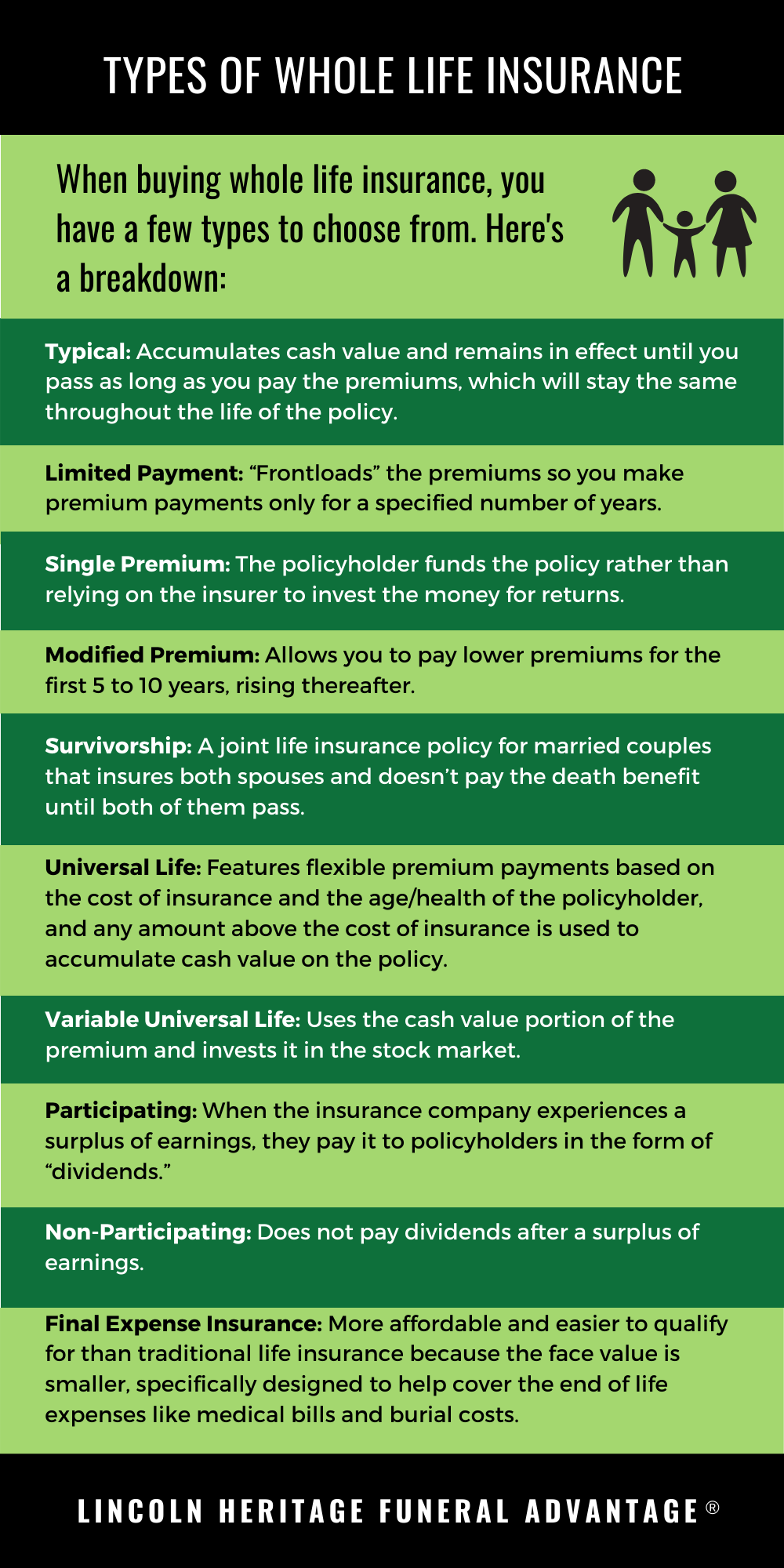Introduction
Car accidents are stressful and overwhelming enough, dealing with towing should not add to your misery. Yet, after a car accident, you are often left wondering what to do with your damaged car. Should you call a tow truck? Who will pay for it? What if you can’t drive your car? These are all valid concerns, and in this article, we will provide you with all the information you need to know about car accident towing.
Who Pays for Towing After a Car Accident?
In most cases, the at-fault driver’s insurance company will pay for towing. However, there are some exceptions to this rule. For example, if you are at fault for the accident and you do not have insurance, you will be responsible for paying for the towing. Additionally, if you have a collision deductible on your insurance policy, you may have to pay a deductible before your insurance company will cover the cost of towing. If you are unsure who is responsible for paying for towing after a car accident, you should contact your insurance company.
If you are involved in a car accident and need to have your car towed, there are a few things you should do to protect your rights. First, you should take pictures of the damage to your car. This will help you to prove your case to the insurance company. Second, you should get a copy of the police report. This will also help you to prove your case. Third, you should keep all of your receipts for towing and repairs. These receipts will help you to get reimbursed by the insurance company.
It is important to remember that you have the right to choose which towing company you use. You should not feel pressured to use a towing company that is recommended by the police or the other driver. You should also get a written estimate from the towing company before you agree to have your car towed. This will help you to avoid being overcharged.
Dealing with a car accident is never easy, but by following these tips, you can make the process a little bit easier.
Car Accident Towing: When to Call and How to Choose a Reliable Service
If you’ve recently been involved in a car accident, you may need to call a tow truck to remove your damaged vehicle from the scene. But when exactly should you call for a tow, and how can you ensure you’re getting a reputable service? Read on for a comprehensive guide to car accident towing.
When to Call a Tow Truck
In general, you should call a tow truck if your car is not drivable or if it is blocking traffic. Here are some specific scenarios where towing is necessary:
- Inability to Drive: If your car has been severely damaged, you may not be able to drive it. This could be due to a blown-out tire, a broken axle, or extensive body damage.
- Road Blockage: If your car is blocking a lane of traffic, it’s important to remove it as soon as possible. This will help prevent accidents and keep traffic flowing smoothly.
- Safety Hazard: In some cases, your car may pose a safety hazard to other drivers or pedestrians. This could be the case if it’s parked on a busy road or has leaking fluids.
Choosing a Tow Truck Company
When selecting a tow truck company, it’s important to consider the following:
- Reputation and Reviews: Look for companies with positive reviews and a good track record in your area. Ask friends, family, or colleagues for recommendations.
- Insurance Coverage: Make sure the tow truck company is insured in case of any accidents or damage to your vehicle during towing.
- Type of Tow Truck: Different types of tow trucks are suited for different vehicles. Ensure the company has a tow truck that can safely handle your car’s size and weight.
- Cost: Get quotes from multiple tow truck companies to compare costs. Be wary of companies that offer suspiciously low rates.
- Availability: Check if the tow truck company is available on the day and time you need them.
Car Accident Towing: A Guide to Navigating the Aftermath
In the wake of a car accident, amidst the shock and confusion, one crucial task often overlooked is finding a reliable towing company. Choosing the right towing service can make a world of difference in ensuring your vehicle is handled with care and returned to you promptly.
Choosing a Tow Truck Company
The myriad of towing companies out there can be overwhelming. To make an informed decision, consider these key factors:
-
Reputation: Seek recommendations from trusted sources or consult online reviews to gauge a company’s credibility. A reputable towing company will prioritize customer satisfaction and ethical practices.
-
Availability: Determine whether they operate 24/7 and if they have a quick response time. Availability is especially crucial in emergencies or when dealing with time-sensitive situations.
-
Insurance and Licensing: Verify that the company is licensed and insured. This ensures that you are protected against any liability in case of accidents or damage to your vehicle during towing.
-
Equipment: Assess if the company has the appropriate equipment to handle your specific vehicle type and damage. Specialized equipment, such as flatbed tow trucks, can safely transport damaged vehicles without causing further harm.
Finding a Reputable Tow Truck Company
To find a reputable tow truck company in your area, follow these tips:
-
Local Referrals: Ask your friends, family, or neighbors for recommendations. Word-of-mouth referrals can often lead you to reputable and reliable towing services.
-
Online Directories: Search for local towing companies in online directories like Yelp or Google My Business. Pay attention to customer reviews and ratings to gauge the quality of their services.
-
Industry Associations: Check if towing companies are members of industry associations like the American Towing and Recovery Federation (ATRF). These associations often have strict standards and certifications that ensure ethical and professional practices.
-
License Verification: Contact your local authorities or the Department of Motor Vehicles (DMV) to verify a towing company’s license and insurance status. This ensures they are legally permitted to operate in your area.
-
Insurance Coverage: Inform your insurance company about the towing service you choose. They can provide guidance on coverage and reimbursements related to towing expenses.
Aftermath of an Accident: A Guide to Car Accident Towing
When you’re involved in a car accident, things can get chaotic. One of the first things you’ll need to do is get your car towed. But what can you expect when the tow truck arrives? Here’s a step-by-step guide.
What to Expect When the Tow Truck Arrives
The tow truck driver will show up and assess the situation. They’ll determine the best way to tow your car, and they’ll use the appropriate equipment to do so. They’ll take the utmost care of your vehicle throughout the towing process, treating it as if it were their own.
Assessing the Situation
The tow truck driver will first assess the situation. They’ll look at the damage to your car, and they’ll determine the best way to tow it. They’ll also take into account the location of your car, and they’ll make sure that it’s towed to a safe location.
Choosing the Right Equipment
The tow truck driver will then choose the right equipment to tow your car. They’ll use a flatbed tow truck if your car is severely damaged. They’ll use a wheel-lift tow truck if your car is only slightly damaged.
Fine-Tuning Details Before Departure
Before the tow truck driver departs, they’ll make sure that your car is securely attached to the tow truck. They’ll also give you a receipt for the towing services. They’ll answer any questions you have, and they’ll make sure that you’re satisfied with the service.
Car Accident Towing: What You Need to Know
Being involved in a car accident is a stressful experience. In addition to dealing with the physical and emotional trauma, you also have to deal with the practicalities of getting your car towed. Here’s everything you need to know about car accident towing, from who pays for it to what to look for in a towing company.
Who Pays for the Tow?
The cost of the tow will vary depending on several factors, including the distance of the tow and the type of tow truck used. Generally, you will be responsible for paying for the tow if:
- You are at fault for the accident.
- Your insurance policy does not cover towing.
- You do not have a roadside assistance plan.
If you have auto insurance, your policy may cover the cost of towing. However, there may be a limit on the amount of coverage, so it’s important to check your policy before you call a tow truck.
Which Towing Company Should You Choose?
When it comes to choosing a towing company, it’s important to do your research. Not all towing companies are created equal. Here are a few things to keep in mind when choosing a towing company:
- Reputation: Read online reviews to see what other customers have to say about their experiences with the company.
- Experience: Choose a company with a proven track record of providing safe and reliable towing services.
- Rates: Get quotes from several different companies before making a decision. Make sure to ask about any hidden fees or charges.
- Insurance: Make sure the company you choose is licensed and insured.
- Customer service: Choose a company that is responsive and helpful. They should be able to answer any questions you have and provide you with peace of mind during a stressful time.
- Severity of the damage: If the damage is severe, towing is usually the only option.
- Availability of repair services: If you’re in a remote area or there are no repair shops nearby, towing may be necessary.
- Cost: Towing can be expensive, depending on the distance to the repair shop. If the cost of towing exceeds the cost of repairs, you may want to consider having your car repaired on the spot.
- Convenience: Towing your car is a convenient way to get it to a repair shop without having to drive it yourself.
- Safety: If your car is not safe to drive, towing is the safest option.
- Protection: Towing your car can help protect it from further damage.
- Cost: Towing can be expensive, especially for long distances.
- Time: Towing can take time, especially if you have to wait for a tow truck.
- Hassle: Arranging for a tow truck can be a hassle, especially in an emergency situation.
Car Accident Towing: Understanding Your Options
In the aftermath of a car accident, the immediate aftermath is crucial. Ensuring the safety of all involved and assessing the damage done to vehicles are top priorities. If your vehicle is no longer drivable, towing becomes necessary. However, before you call a tow truck, it’s essential to understand your options and make an informed decision. Weighing the pros and cons of towing versus alternative solutions can save you time, money, and hassle down the road.
Alternatives to Towing
In some cases, you may be able to avoid towing by having your car repaired on the spot. This is possible if the damage is relatively minor and can be fixed without major disassembly. However, if the damage is extensive or if your vehicle is not safe to drive, towing is the only viable option.
Making the Decision
Deciding whether to tow your car or have it repaired on the spot depends on a few key factors:
Benefits of Towing
Drawbacks of Towing
Conclusion
Whether to tow your car or have it repaired on the spot is a decision that depends on a number of factors. By considering the severity of the damage, your location, and your budget, you can make an informed decision that is right for you.




Leave a Reply